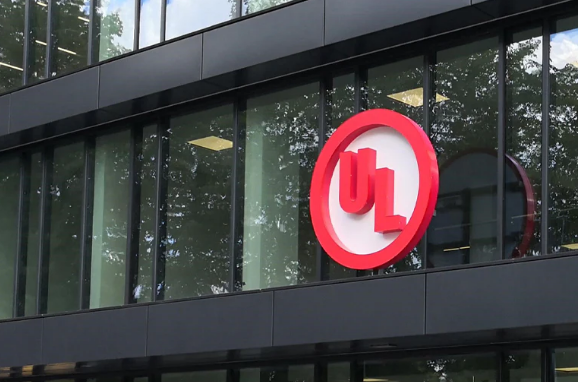Introduction
UL certification holds immense importance for businesses operating in various industries, ensuring the safety, quality, and compliance of their products. This comprehensive guide delves into the world of UL certification, shedding light on its significance and benefits. From understanding the UL mark to exploring the certification process and its impact on your business, we will provide a comprehensive overview. Whether you are a manufacturer looking to enhance product credibility or an importer seeking assurance of product safety, this article will equip you with the knowledge to navigate the realm of UL certification effectively.
What is UL Certification?
This section will define UL certification and explain its purpose. It will detail how Underwriters Laboratories (UL) is a globally recognized organization that tests, evaluates, and certifies products for safety, performance, and compliance with industry standards. The article will highlight the significance of the UL mark as an indicator of product safety and adherence to rigorous testing protocols. It will also emphasize the trust and confidence that the UL certification brings to consumers, businesses, and regulatory authorities.

Benefits of UL Certification
This section will outline the key benefits of obtaining UL certification for your business. It will highlight how UL certification enhances product credibility, instills consumer confidence, and opens doors to new markets. The article will discuss how UL certification can reduce liability risks, improve brand reputation, and differentiate your products from competitors. Additionally, it will touch upon the importance of meeting regulatory requirements and how UL certification helps businesses stay compliant and avoid potential penalties.
UL Certification Process
This section will provide an overview of the UL certification process. It will outline the steps involved, starting from the initial application to the evaluation, testing, and final certification. The article will discuss the importance of product documentation, including technical specifications and test reports. It will also highlight the role of UL experts in conducting on-site inspections, performance testing, and compliance assessments. The section will emphasize the need for open communication and collaboration between businesses and UL during the certification process.
UL Certification Mark
This section will delve into the significance of the UL certification mark. It will explain how the mark indicates that a product has met UL’s rigorous safety standards and has undergone comprehensive testing and evaluation. The article will discuss the different variations of the UL mark, including UL Listed, UL Recognized, and UL Classified. It will also address the importance of using the mark correctly and in compliance with UL’s guidelines to maintain its integrity and avoid misrepresentation.
Industries and Products Covered by UL Certification
This section will explore the wide range of industries and products covered by UL certification. It will discuss how UL certification extends across sectors such as electrical and electronic equipment, appliances, lighting, fire safety, building materials, and more. The article will highlight specific examples of products that commonly undergo UL certification, showcasing the diverse applications of the certification process. It will emphasize the importance of understanding the specific requirements and standards relevant to your industry and product category.

Staying Compliant with UL Standards
This section will provide insights on how businesses can ensure ongoing compliance with UL standards. It will discuss the importance of product testing, quality control measures, and regular audits to maintain UL certification. The article will also touch upon the significance of staying updated with evolving regulations and industry standards. It will provide tips on establishing internal processes and procedures to consistently meet UL requirements and respond to any changes or updates in a timely manner.
Conclusion
UL certification serves as a powerful tool for businesses to demonstrate their commitment to product safety, quality, and compliance. By understanding the significance of UL certification, its benefits, and the certification process, businesses can enhance their competitive edge, gain consumer trust, and navigate global markets with confidence. Adhering to UL’s rigorous standards and maintaining ongoing compliance ensures that your products meet the highest levels of safety and performance, ultimately contributing to the success and reputation of your business in the long run.












